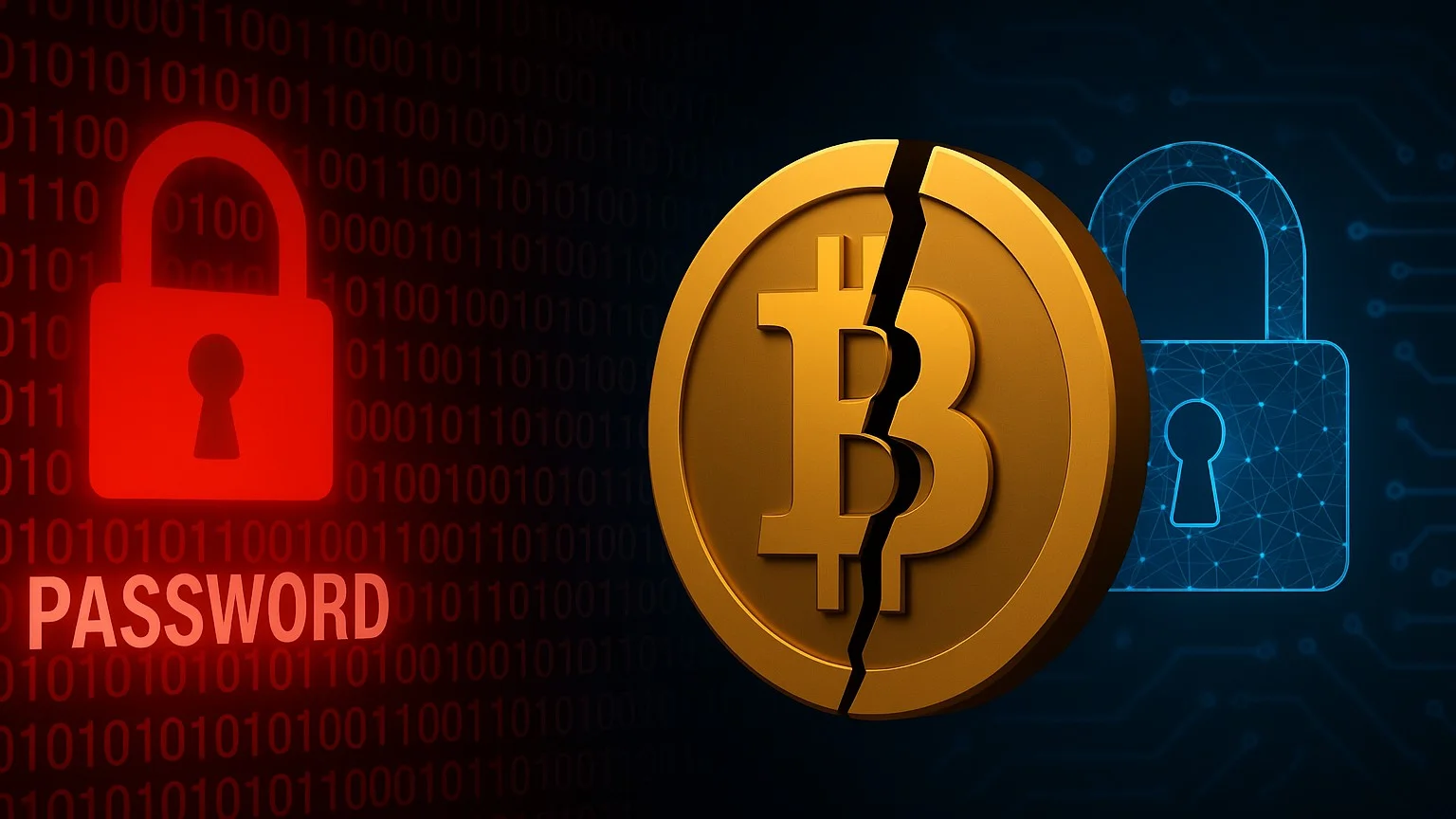In today's world where concerns about digital security are at their peak, one of the largest password leaks ever recorded has hit the agenda like a bombshell. According to data revealed by cybersecurity platform Cybernews; 16 billion passwords and login data, including user information related to major platforms such as Apple, Google, Facebook and Telegram, have been leaked onto the internet. This huge leak especially threatens the assets of cryptocurrency users.
A frightening development for crypto investors: Passwords leaked
The cybersecurity world has been shaken by one of the largest data leaks ever recorded. According to the report published by the Cybernews platform, more than 16 billion user login information and passwords have been leaked onto the internet. This huge data set, which includes account information related to Apple, Google, Facebook, Telegram, GitHub and some government portals, poses a great danger especially for cryptocurrency users.
However, the source of this leak is not directly the servers of technology giants. According to Cybernews researchers, this information was stolen from data kept by users in 3rd party applications, browser add-ons or cloud storage areas that were left unencrypted. In addition, much information was compromised through malware that was infecting user devices.
The leaked data does not only consist of current information. Cybernews states that stolen data obtained from different sources in previous years has also been recirculated with this new package. In other words, the cyber debris of the past further increases today's risks.
Crypto wallets are targeted
Cybersecurity experts emphasize that this leak may affect cryptocurrency users the most. The main reason for this is that many users store their wallet passwords, backup keys or recovery phrases in e-mail boxes or cloud-based note applications instead of secure physical areas. This allows hackers to access not only passwords but also wallets directly. Crypto assets are coins that cannot be retrieved or the transaction canceled once they are captured. Therefore, when a wallet's password or keywords fall into the hands of hackers, the risk of permanent theft of assets is much higher.
Experts recommend activating two-factor authentication (2FA) systems in particular. It is also very important to store vital data such as crypto wallet information offline, for example in hardware wallets or physical copies.
Tether CEO: Escape from the cloud is coming
One of the reactions to the leak came from Paolo Ardoino, CEO of Tether, the world's largest stablecoin issuer. Ardoino said, "The cloud has failed us again," and announced PearPass, a completely local and open-source password manager. According to Tether, this new application will store passwords and encryption keys only on the user device. It will need neither a server nor a cloud service.
Ardoino, who introduced PearPass by saying, "No server, no cloud, no leak," argues that offline security systems will become much more critical in the future. In fact, he explained his vision in a podcast interview by saying, "We want to produce technologies that can work even in disaster scenarios like World War."
It is unclear for now whether PearPass will integrate with Tether's other projects. However, it is known how much the company attaches importance to security and privacy with P2P solutions such as Pear Credit, which it has previously developed.




